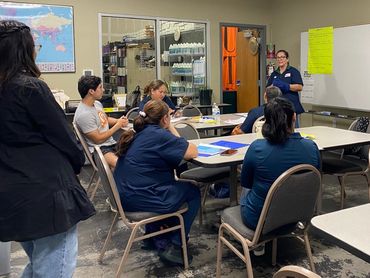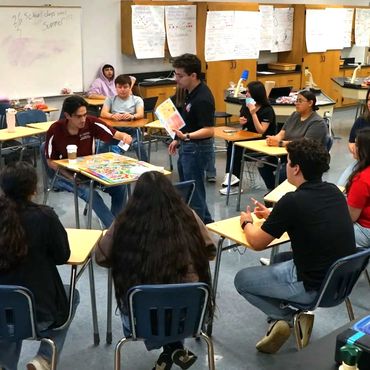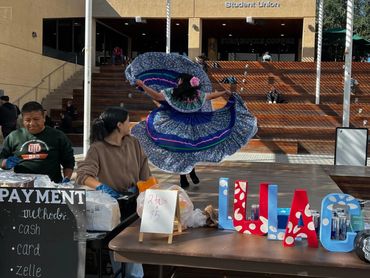Our History
Founded in 1929 - Corpus Christi, TX
On a cold and rainy Sunday in February 1929, a group of Latino men in dapper suits and boater hats gathered in a convention hall in Corpus Christi, Texas, to forge a new Latino civil rights group. Most of the men, about 175 in total, were Mexican American veterans of World War I. They had returned home a decade earlier to a small but thriving Hispanic middle class in South Texas, where they had helped form three of the most prominent civil rights organizations in the region. Now the men were merging their groups to form the League of United Latin American Citizens, or LULAC, in hopes of better leveraging their resources to combat racism and to elect political leaders who represented their families and interests. These were radical notions. At the time, Jim Crow laws were in effect, poll taxes kept many Black and Mexican American voters from the ballot box and some restaurants hung signs outside their doors barring the entrance of dogs and Mexicans.
When the three civil rights groups — the Order of the Sons of America, the Knights of America and the League of Latin American Citizens — united to form LULAC in 1929, the migration of hundreds of thousands of Mexicans after the Mexican Revolution was stirring fears among the Anglo-American population of South Texas. To build political power and counter racism, Texans of Mexican descent were encouraged by LULAC to adopt an American way of life, become naturalized citizens and learn English. Our members expressed unwavering loyalty to the United States, though some hailed from families that had been in the region long before the southern border was drawn through their land, and some had endured years of racist terror.
Benjamin Márquez, a political science professor at the University of Wisconsin-Madison who wrote a book tracing LULAC’s history, said that while our members had never rejected their Mexican or Latino heritage, we had remained consistent in our American loyalty, regardless of whether the LULAC National President was a Republican or a Democrat. LULAC still marks its reverence for the United States in its emblem, a three-point crest with red and white stripes and 13 stars representing each of the original colonies. Our councils recite a prayer by George Washington to open all of their meetings, asking God to protect the United States and bless it “with honorable industry, sound learning and pure manners.”
They were out to remove racist bias in American society, and beyond that to get out the vote, serve in the military, participate in elections and run for election themselves. -Benjamin Márquez
LULAC: The Evolution of A Mexican American Political Org
Advocacy
.webp/:/cr=t:0%25,l:0%25,w:100%25,h:100%25/rs=w:370,cg:true)


Education




Volunteering




Culture



